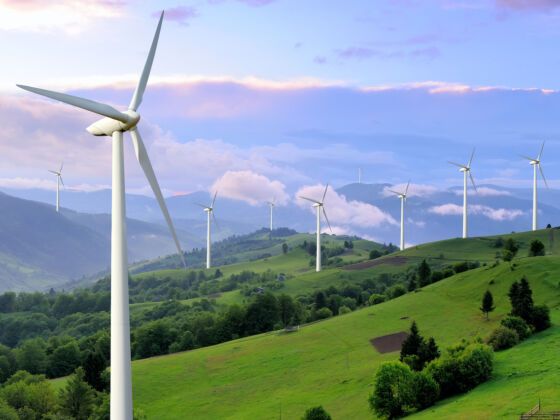This is The Climate Win, the most positive sustainability news around the world every week.
US President Joe Biden and other world leaders have proposed mass-scale carbon neutrality by 2050. As it turns out, we may be able to get there far sooner. A new report from a scientific study group called The Global 100% Renewable Energy Strategy Group notes that the world can reach this mark by 2030 in the energy sector and by 2035 across the economy at large. Along the way, millions of jobs will be created.
